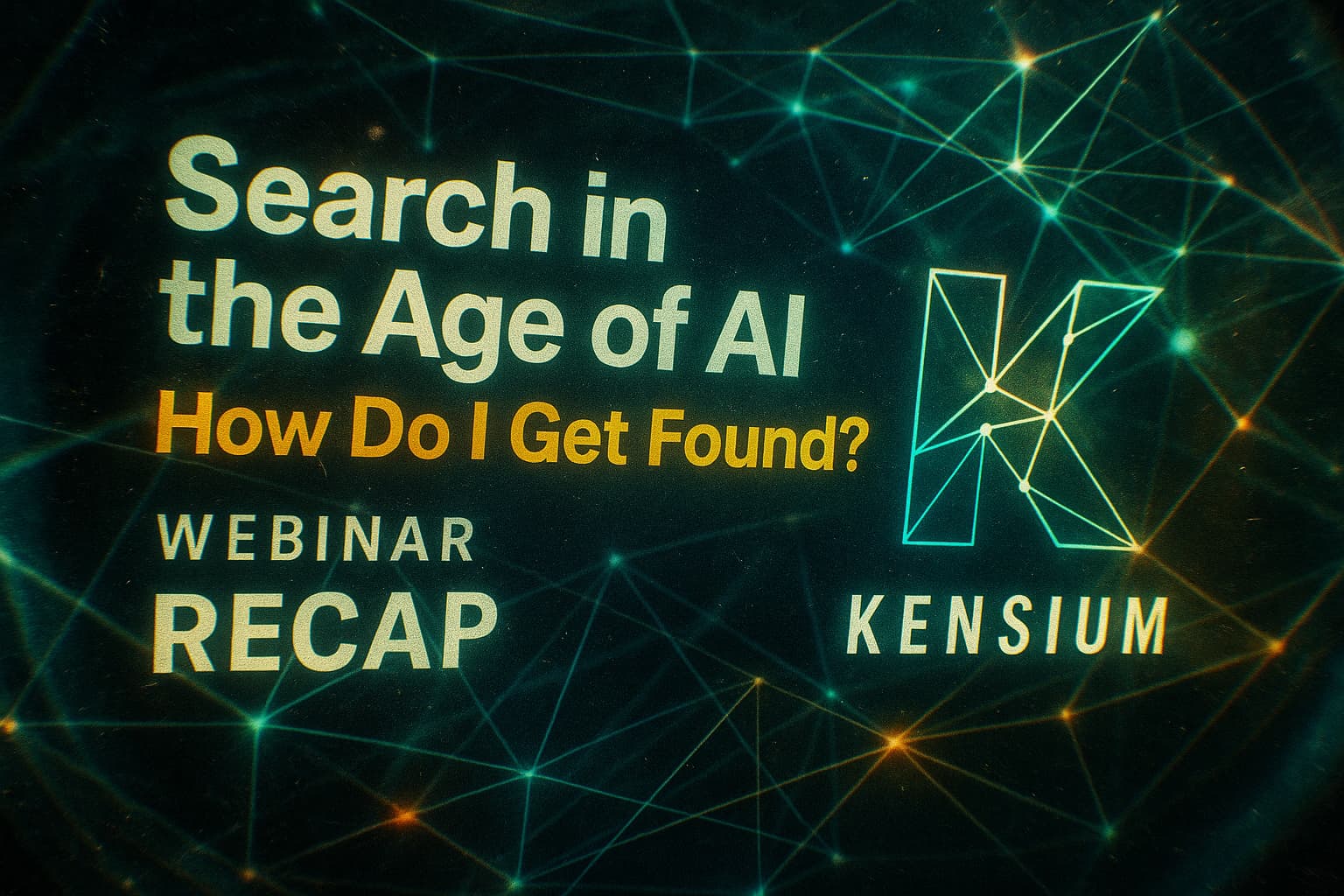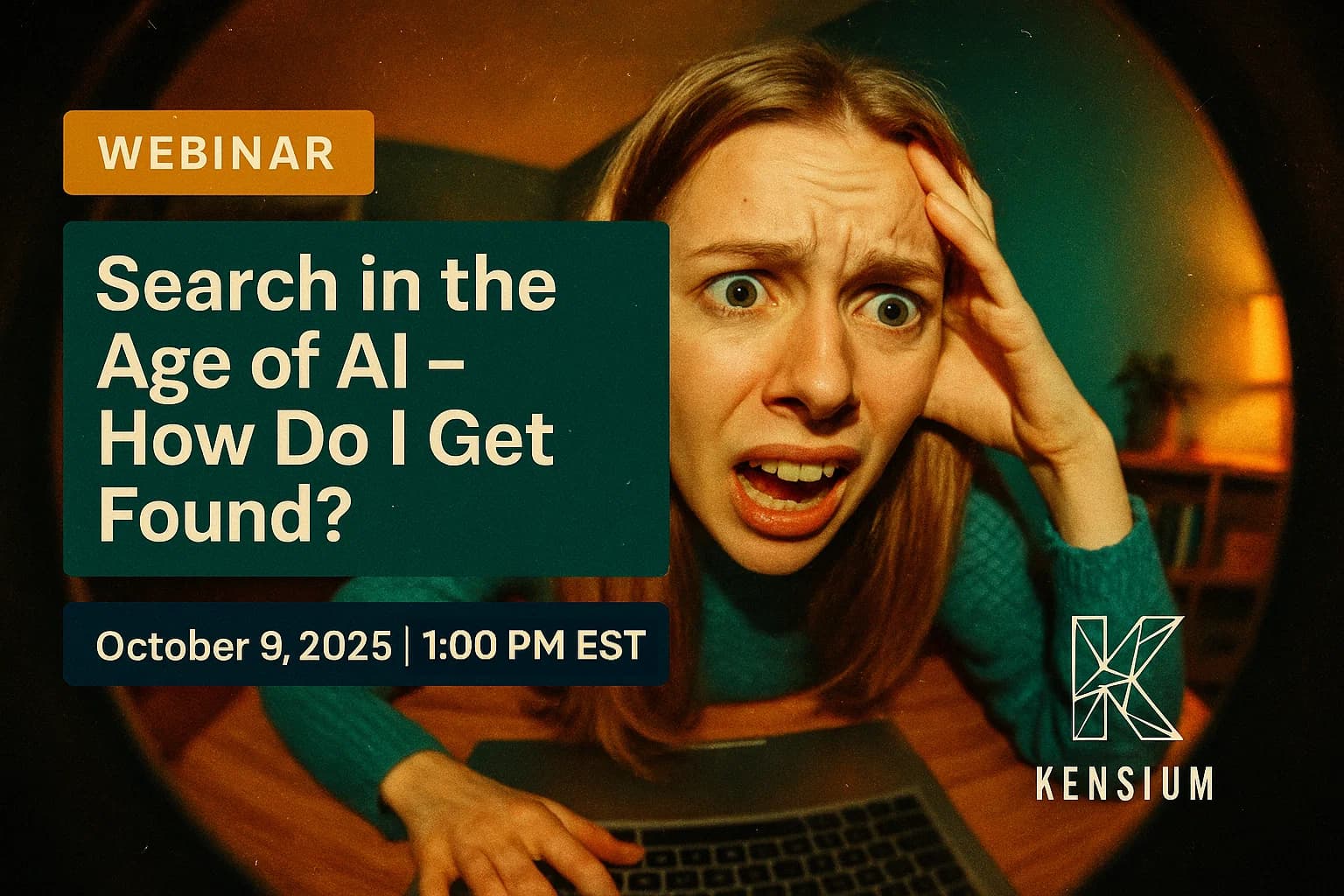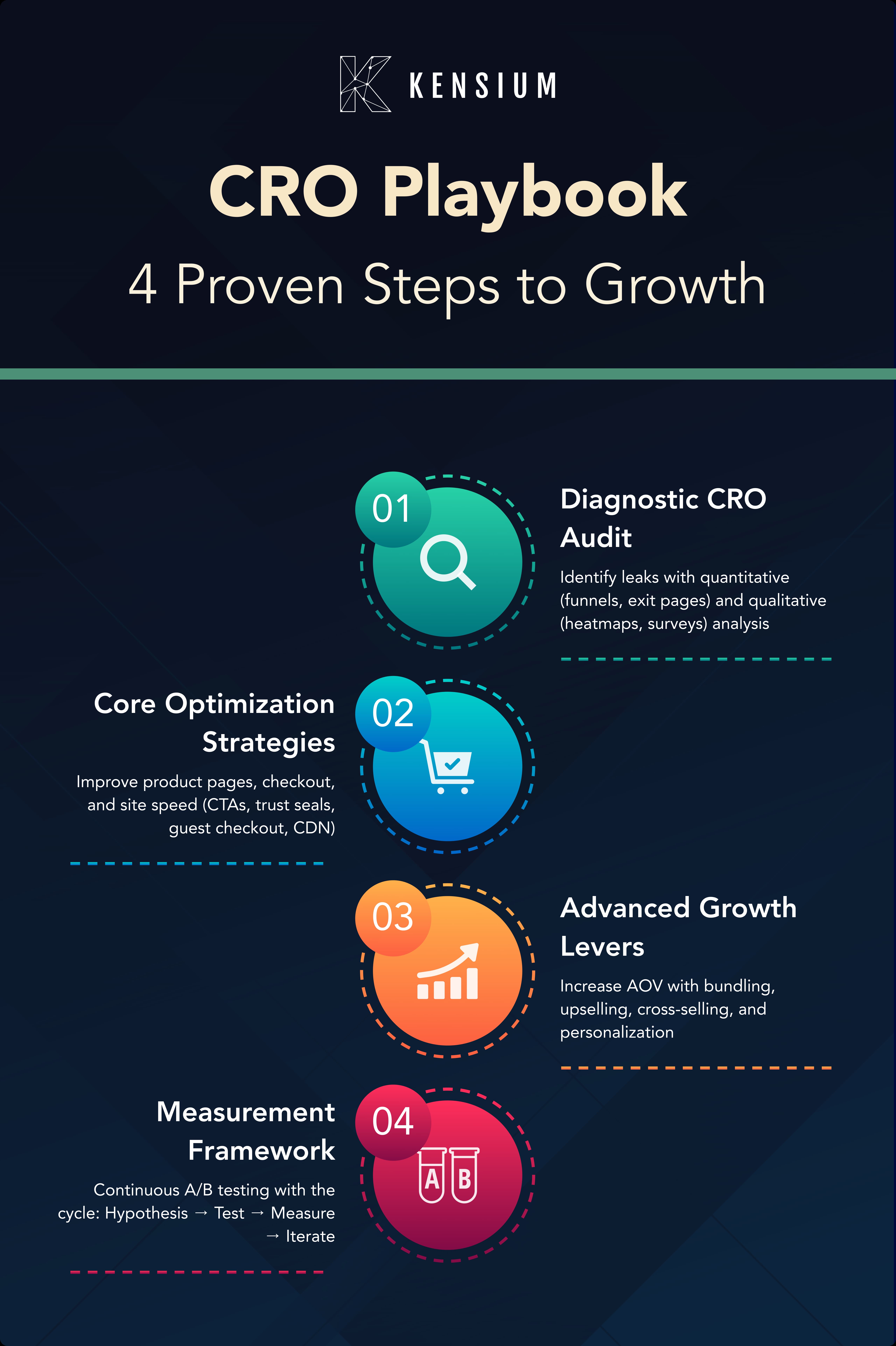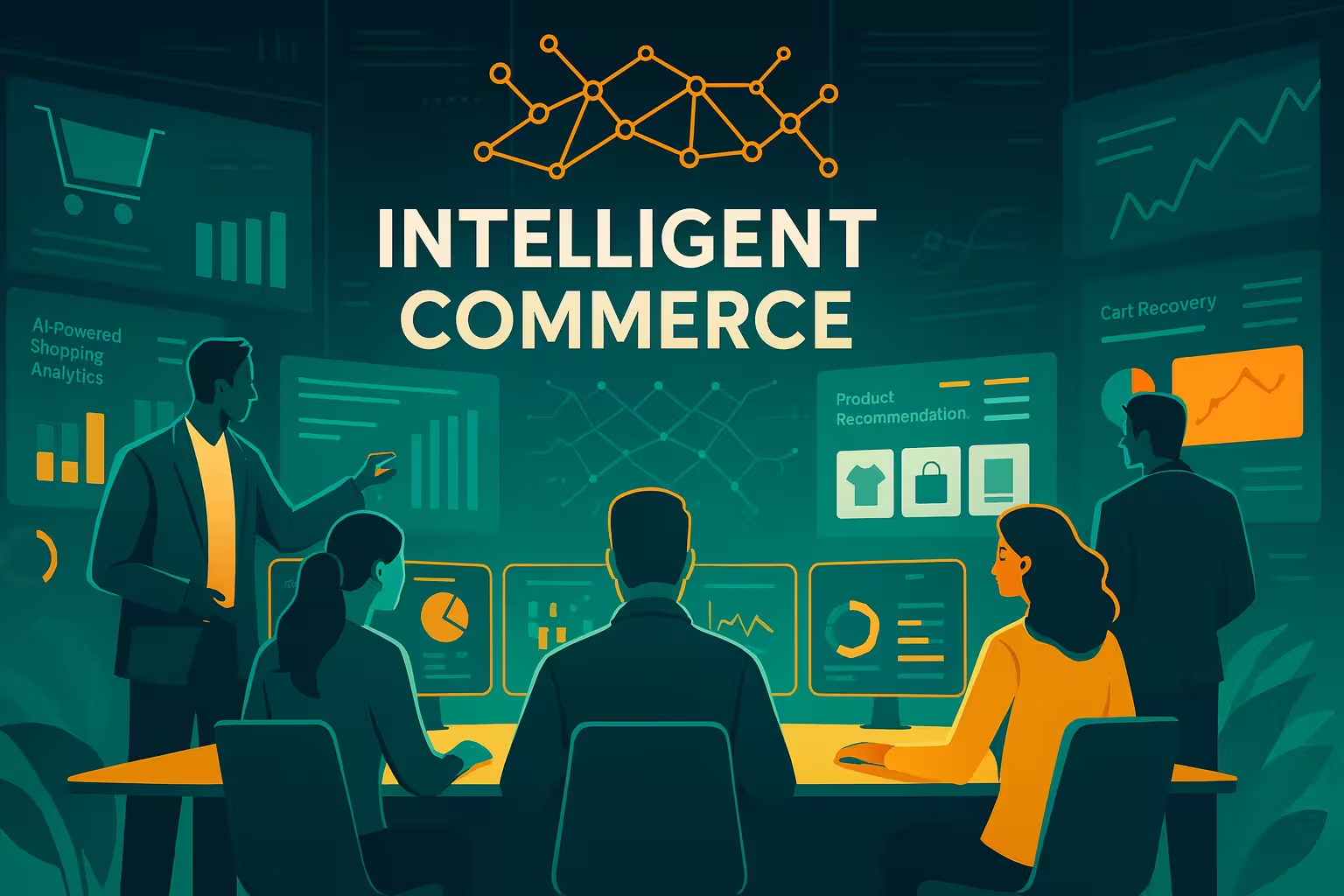
Staying on the top layer of search rankings requires more than just keywords and backlinks, especially in today’s hyper-competitive eCommerce environment. Modern SEO is a dynamic, data-driven strategy—and artificial intelligence (AI) is the key to unlocking its full potential. For mid to large-sized B2B and B2C eCommerce businesses, the benefits of leveraging AI-powered analytics include supercharging your SEO efforts, enhancing customer experience, and boosting revenue.
The Rise of AI in SEO: Why It Matters for eCommerce

Search engines like Google have evolved dramatically with the introduction of AI algorithms like RankBrain, BERT, and MUM. These systems interpret search queries with human-like understanding, placing increased importance on user intent and contextual relevance. For eCommerce brands managing thousands of SKUs or diverse customer segments, AI bridges the gap between complex data and actionable insights.
Manual SEO efforts can’t keep pace with the rate of change in SERPs, algorithms, or consumer behavior. AI helps marketers make faster, smarter decisions based on data patterns that would otherwise go unnoticed.
Key Use Cases of AI-Powered Analytics in SEO
Automated Keyword and Content Gap Analysis
AI tools like Clearscope, MarketMuse, and Surfer SEO, analyze top-performing content to identify keyword gaps and semantically related topics. These insights help eCommerce businesses optimize product pages, blogs, and category content more effectively driving better visibility and conversions.
Predictive Traffic and Performance Modeling
AI-enabled platforms forecast how content or SEO strategies will perform based on seasonal trends, customer behavior, and historical data. This is invaluable when planning product launches or promotional campaigns tied to specific events.
User Behavior & Intent Analysis
AI tools can process heatmaps, session recordings, and engagement metrics at scale. They reveal what users care about, where they drop off, and how page layout or content impacts conversions. This behavior-driven data informs not only SEO but also UI/UX improvements.
SERP Performance and Competitor Tracking
AI tracks competitor movements, changes in Google’s SERP features, and fluctuations in ranking signals. Businesses can dynamically adjust page titles, meta descriptions, and structured data to maintain a competitive edge (Search Engine Journal, 2024).
Integrating AI Analytics with eCommerce Platforms
Shopify
While Shopify offers basic SEO tools, integrating third-party AI platforms like Ahrefs or RankIQ allows merchants to automate keyword research, technical SEO audits, and performance monitoring at scale.
BigCommerce
BigCommerce’s open SaaS structure makes it ideal for AI tool integration. Marketers can connect AI-driven content analysis or site health tools via APIs to receive real-time updates and alerts.
Adobe Commerce (Magento)
With Adobe Sensei and third-party plug-ins, Adobe Commerce users can harness AI to recommend content changes, improve search functionality, and optimize site navigation based on user behavior.
Real-World Impact: Case Scenarios
- Bankrate Enhances Organic Traffic with AI-Generated Content
- Bankrate, a leading financial website, implemented AI-generated content to bolster its SEO strategy. By producing over 160 AI-assisted articles, which were subsequently reviewed and edited by human experts, Bankrate achieved approximately 125,000 monthly organic visits. This approach enabled the site to rank on the first page for numerous targeted keywords, illustrating the effectiveness of combining AI content generation with human oversight.
- Workfellow Scales Organic Traffic 22x Using Generative AI
- Workfellow, a Helsinki-based enterprise SaaS startup specializing in process intelligence, adopted an AI-driven SEO content strategy to enhance its online presence. By focusing on high-potential, low-competition keywords and leveraging generative AI for content creation, Workfellow increased its organic traffic by over 2,000% (22x growth) within 12 months. This strategic shift not only improved their search rankings but also had a significant impact on revenue growth.
Building a Data-Driven SEO Workflow Using AI

A modern eCommerce SEO stack includes:
- Crawling & Indexing Tools (e.g., ContentKing)
- Content Optimization Engines (e.g., Surfer SEO)
- Competitor Intelligence Platforms (e.g., SEMrush)
This stack, paired with KPIs like bounce rate, conversion rate, and CTR, ensures that SEO efforts are directly tied to business outcomes.
Choosing the Right AI Tools
When selecting AI analytics tools, consider:
- Data security and privacy
- Ease of integration with existing CMS or PIM systems
- Customization and scalability
- Support and onboarding services
Top contenders include BrightEdge, CanIRank, Moz Pro, and enterprise-ready tools like Adobe Sensei.
Conclusion
AI doesn’t replace human marketers—it empowers them. By transforming SEO into a science rooted in predictive insights and behavioral data, AI helps eCommerce brands stay competitive, agile, and visible in an ever-changing landscape. Ready to elevate your SEO game? Start with an audit or download our AI + SEO checklist.
References (APA format):
Google. (2023). How Google Search works. https://www.google.com/search/howsearchworks/
Jansen, B. J., & Spink, A. (2006). How are we searching the World Wide Web? Information Processing & Management, 42(1), 248–263. https://doi.org/10.1016/j.ipm.2004.10.007
Moz. (2024). The Beginner’s Guide to SEO. https://moz.com/beginners-guide-to-seo
Patel, N. (2024). AI and SEO: How to use AI tools to increase traffic. Neil Patel. https://neilpatel.com/blog/ai-seo/
Ramaswamy, S., & Sahni, N. S. (2021). AI and the future of growth in eCommerce. Harvard Business Review.
Search Engine Journal. (2024). How AI is transforming SEO.








.png)








.jpeg)






































